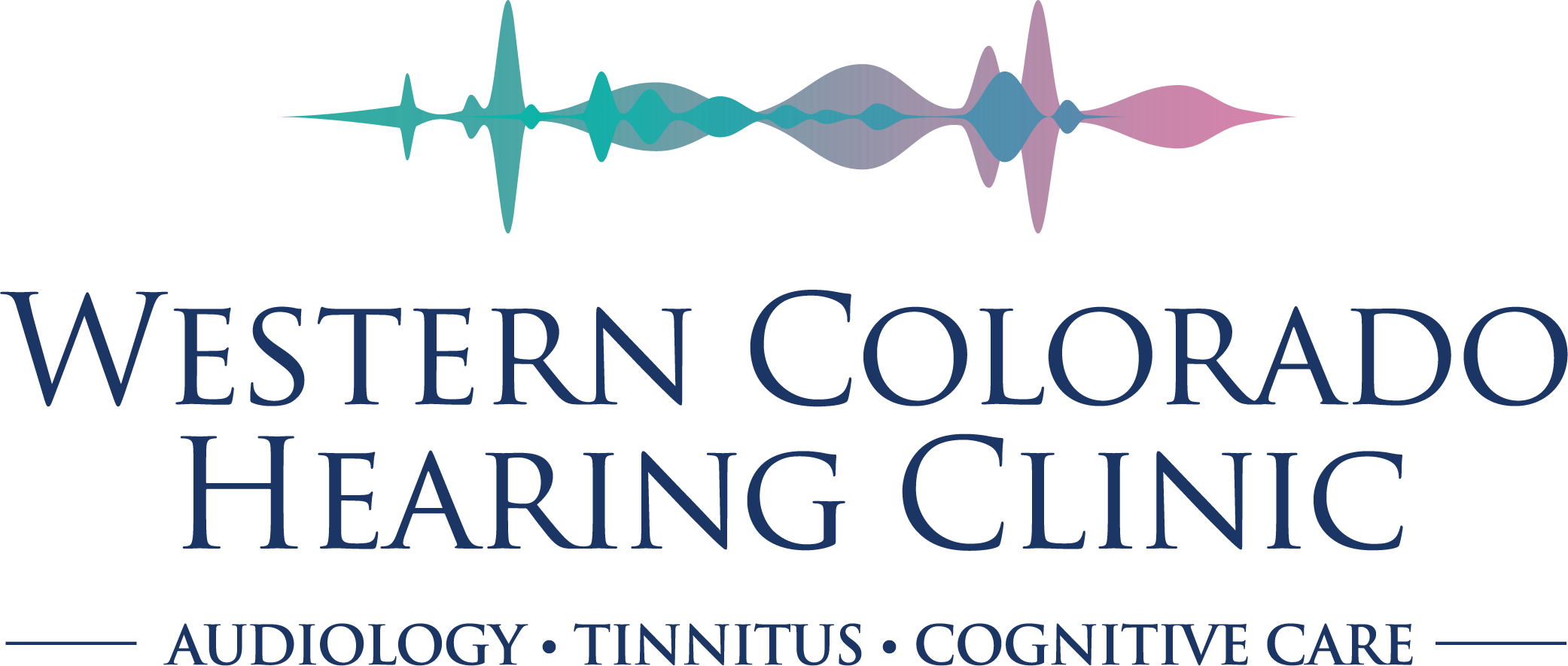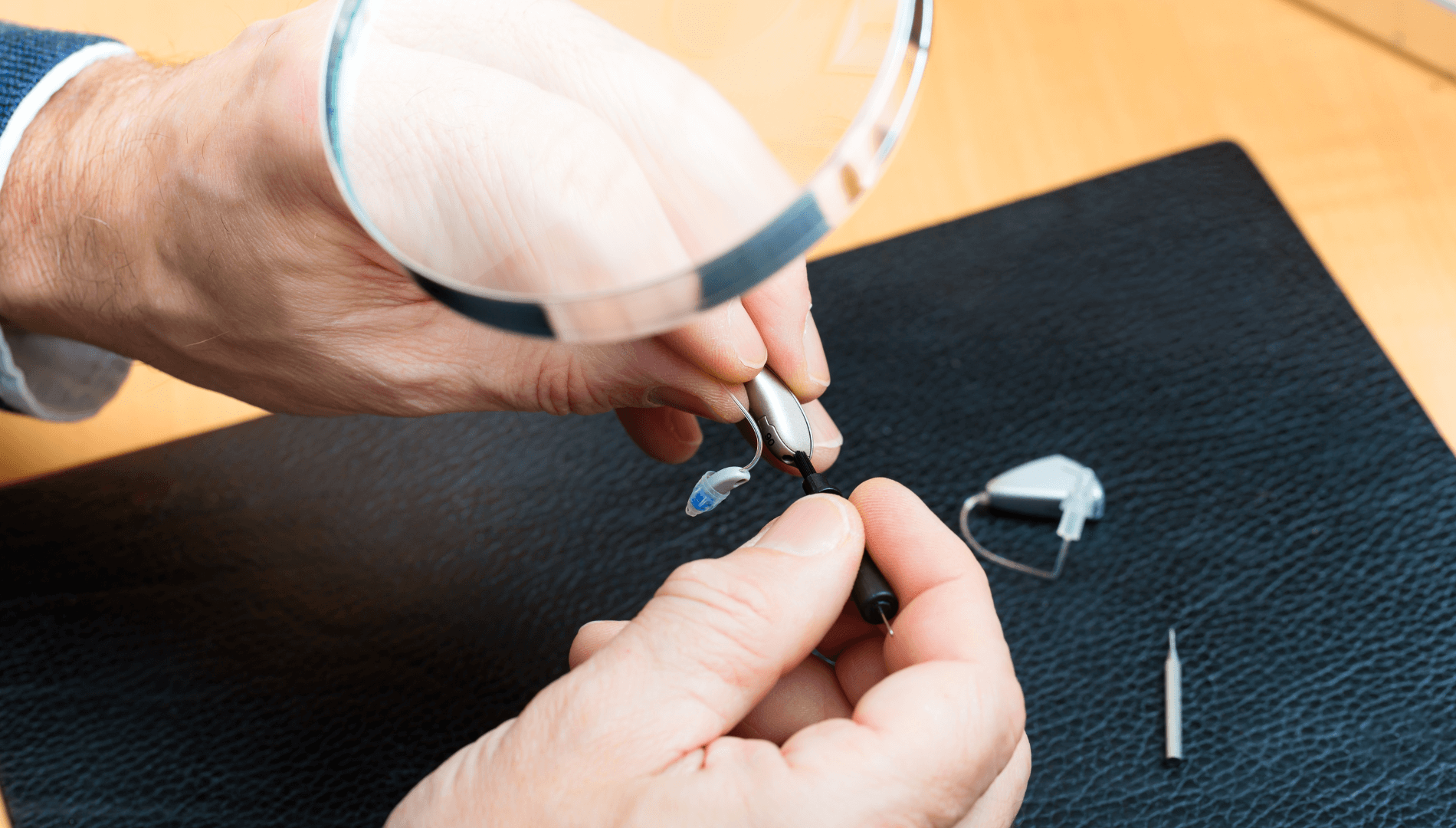We Moved! Visit us at
605 25 Rd, #100, Grand Junction, CO 81505
How Nutrition and Hearing Health Are Intertwined
Return to Blog

How Nutrition and Hearing Health Are Intertwined
Good hearing health is something many of us take for granted, yet it relies on various factors to remain optimal. One of the less obvious yet profoundly impactful elements is nutrition. The connection between the food we eat and our hearing ability might not be immediately apparent, but a strong relationship exists. Understanding how nutrition affects hearing health can lead to more informed choices that support long-term auditory well-being.
Importance of Hearing Health
Hearing health is vital for effective communication, maintaining relationships, and overall quality of life. It affects how we interact with the world, from enjoying a conversation with friends to appreciating the sounds of nature. However, hearing loss can diminish these experiences, leading to social isolation, frustration, and, in some cases, mental health issues like depression or anxiety.
It’s essential to protect our hearing and look after our ears, just as we do with other parts of our body. One way to ensure this is through a balanced, nutritious diet.
Key Nutrients for Hearing Health
Several nutrients play a vital role in maintaining and potentially improving hearing health. These include antioxidants, vitamins, minerals, and omega-3 fatty acids.
Antioxidants and Vitamins
Antioxidants like vitamins A, C, and E protect our cells from damage by neutralizing harmful free radicals. Free radicals are unstable molecules that can cause oxidative stress, leading to cell damage, including the delicate hair cells in our inner ear. These hair cells are important for converting sound waves into electrical signals our brains can interpret. Once damaged, these cells don’t regenerate, which can lead to permanent hearing loss.
Vitamin A helps maintain overall cell health, including the cells in the ear. You can find it in foods like sweet potatoes, carrots, and spinach. Vitamin C boosts the immune system and is found in citrus fruits, strawberries, and bell peppers. Vitamin E protects cell membranes and is present in nuts, seeds, and green leafy vegetables.
Magnesium and Zinc
Magnesium helps protect against noise-induced hearing loss by preventing the formation of free radicals. Foods rich in magnesium include bananas, avocados, and brown rice.
Zinc boosts the immune system and helps reduce the impact of ear infections. It is essential for maintaining healthy cells in the inner ear. You can obtain zinc from foods like meat, shellfish, legumes, and dairy products.
Omega-3 Fatty Acids
Omega-3 fatty acids are well-known for their heart and brain health benefits, but they also contribute to hearing health. These fats help reduce inflammation and improve blood flow to the inner ear. Good sources of omega-3 fatty acids include fatty fish like salmon, flaxseeds, and walnuts.
Studies have shown that individuals with higher omega-3 intake are less likely to experience age-related hearing loss. Including these fats in your diet can be an effective measure to maintain hearing health as you age.
The Impact of Poor Nutrition on Hearing
Just as a nutritious diet can support hearing health, poor nutrition can negatively impact it. Diets lacking in essential nutrients can result in various health issues, including hearing loss. For instance, a lack of antioxidants and vitamins can lead to oxidative stress, damaging the hair cells in the ear.
Similarly, insufficient magnesium intake increases the risk of noise-induced hearing loss. Low zinc levels can compromise the immune system, making the body more susceptible to ear infections, which, if left untreated, can affect hearing.
Moreover, diets high in saturated fats and sugars can lead to cardiovascular problems. Good blood flow is critical for maintaining the health of the inner ear, and any condition that impairs circulation can potentially harm hearing.
Practical Tips for a Hearing-Healthy Diet
Adopting a hearing-healthy diet doesn’t mean making drastic changes overnight. Small, gradual adjustments can make a significant difference over time. Here are some practical tips:
- Eat a Variety of Fruits and Vegetables: They are rich in essential vitamins and antioxidants.
- Include Nuts and Seeds: These are great sources of vitamin E and magnesium.
- Add Fatty Fish to Your Diet: Omega-3-rich fish like salmon and sardines can boost your hearing health.
- Choose Whole Grains: Whole grains like brown rice and quinoa are excellent sources of magnesium.
- Opt for Lean Proteins: Foods like chicken, turkey, and legumes provide necessary zinc without the added saturated fats.
Conclusion
Maintaining good hearing health involves more than just avoiding loud noises. Nutrition plays a critical role in supporting the intricate systems that allow us to hear. By including essential nutrients in your diet and making mindful food choices, you can significantly impact your auditory health.
Making these changes not only benefits your hearing but also improves your overall well-being. In the end, a balanced diet is a simple yet powerful way to safeguard your hearing for years to come.



